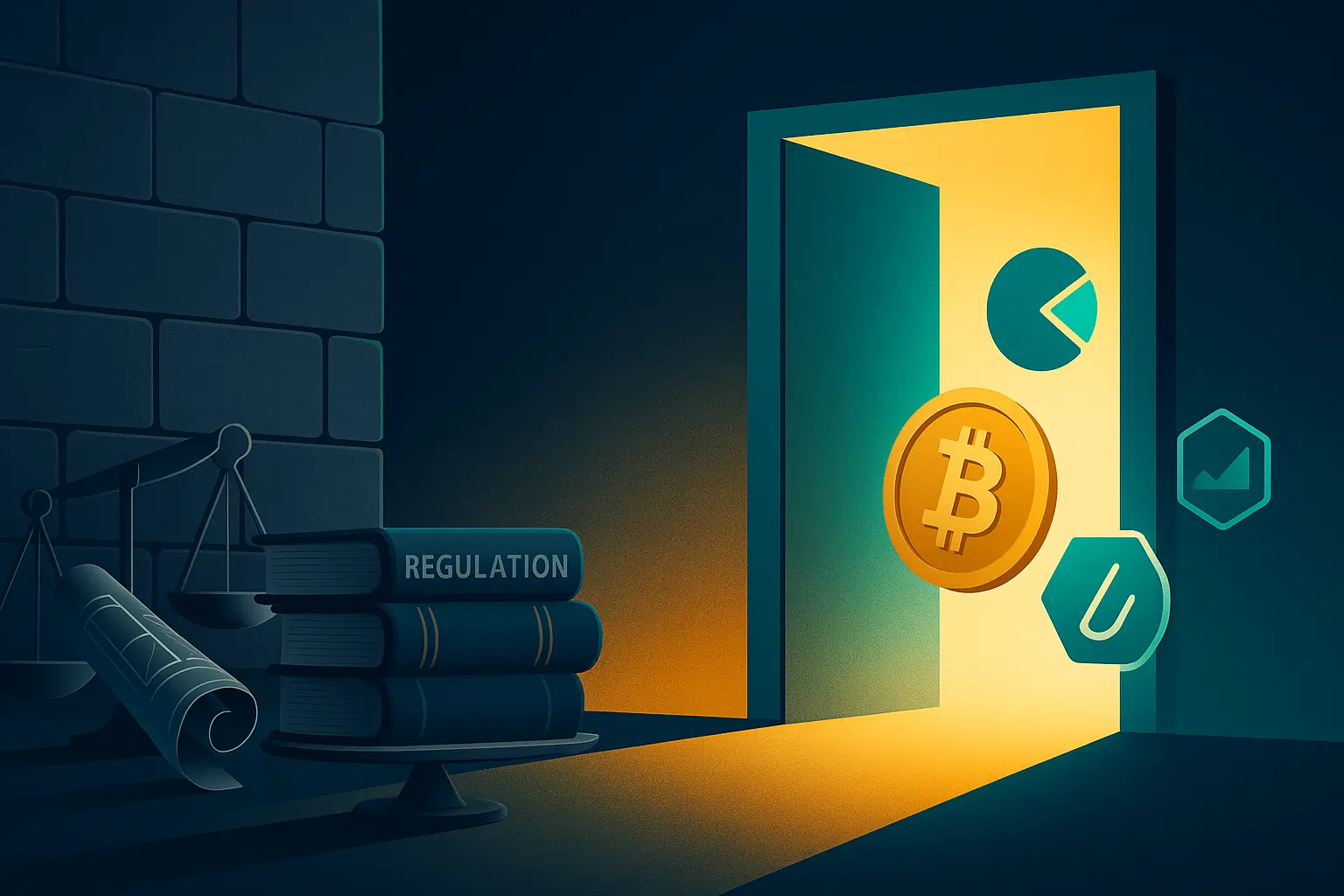What’s Changing at the SEC
The U.S. Securities and Exchange Commission, under the leadership of Chair Paul Atkins, is preparing what’s being called an “innovation exemption,” scheduled for the end of the year. The initiative aims to lighten regulatory burdens for crypto firms developing new digital asset products, allowing them to launch under more flexible rules while the SEC works on more tailored regulation. The goal? Speed up product introductions without sacrificing investor safeguards.
Atkins has described this exemption as a necessary update, an escape hatch from older securities laws that weren’t built for blockchain and crypto-native products. It’s meant to provide companies stable ground on which to build new offerings while the agency finishes drafting fresh rules.
How the Exemption Would Work
The innovation exemption acts as a temporary regulatory carve-out. Under it:
Crypto companies might avoid or delay certain compliance obligations that derive from older securities laws, especially where those requirements clash with new technologies or business models.
The rules would still enforce basic protections, including disclosure, governance, and possibly investor eligibility criteria. The idea is to preserve safeguard frameworks while letting innovation proceed.
Products like multi-asset crypto ETPs (exchange-traded products) are already moving faster under newer listing standards; this exemption seeks to make that kind of accelerated path more widely available.
Atkins has emphasized that this isn’t a free-for-all; oversight remains essential. The proposal is for lighter oversight, not no oversight.
Why Now Matters
Multiple factors have pushed the SEC toward this. First, crypto innovation has been stymied by legal uncertainty. Founders and investors frequently cite regulatory gray areas as reasons projects move abroad. With global jurisdictions updating crypto rules, the U.S. risks losing competitiveness.
Second, there’s political momentum. Under Chair Atkins, the Commission has launched “Project Crypto,” an initiative aimed at modernizing SEC rules to better account for digital assets and on-chain finance. Legal reform is increasingly seen as a priority in Congress too, which may help streamline or support this kind of regulatory carve-out.
Third, there are precedents. The SEC has recently introduced generic listing standards for some crypto ETPs, which reduce delays. Combined with the new innovation exemption, these efforts reflect a broader shift toward enabling innovation rather than just policing risk.
Possible Risks and Points of Contention
While the innovation exemption is promising, there are important trade-offs and concerns:
Investor Protection: Relaxed oversight could expose retail investors to bad actors or projects that overpromise. Ensuring disclosure and checks will be key.
Legal Clarity:What exactly qualifies for the exemption? How narrow or broad will the carve-outs be? Vagueness risks litigation or enforcement backlash.
Regulatory Delay: Although Atkins aims for the end of the year, rulemaking involves comment periods, coordination, and possibly court challenges. There’s no guarantee everything will move swiftly.
Enforcement Balance: The SEC must maintain its capacity to act against fraud, manipulation, or misconduct if the exemption becomes a loophole, it could undermine trust.
What Comes Next
Here are key things to watch:
How the exemption is defined: classes of products, size, disclosure, and permitted risk.
The interface with other regulators, especially the CFTC. Overlaps in crypto securities vs commodities are a recurring source of confusion.
Industry uptake: which firms will adopt the exemption? Will startups benefit more than established players?
Congressional reaction and legislation that may codify or complicate the SEC’s efforts.
Investor reaction: will lighter regulation translate into market confidence, more investment, or risk-off sentiment?
Conclusion
The proposed innovation exemption from Chair Atkins represents a meaningful shift in how the U.S. could regulate digital assets. By allowing lighter regulatory burdens for crypto products while still preserving investor protection, the SEC is acknowledging that old rules don’t always map well onto new technologies.
If done right, this exemption could accelerate crypto product launches, encourage innovation onshore, and restore confidence for developers and investors. But execution, clarity, and a tight regulatory framework will make all the difference between a useful incentive and a risky loophole.

